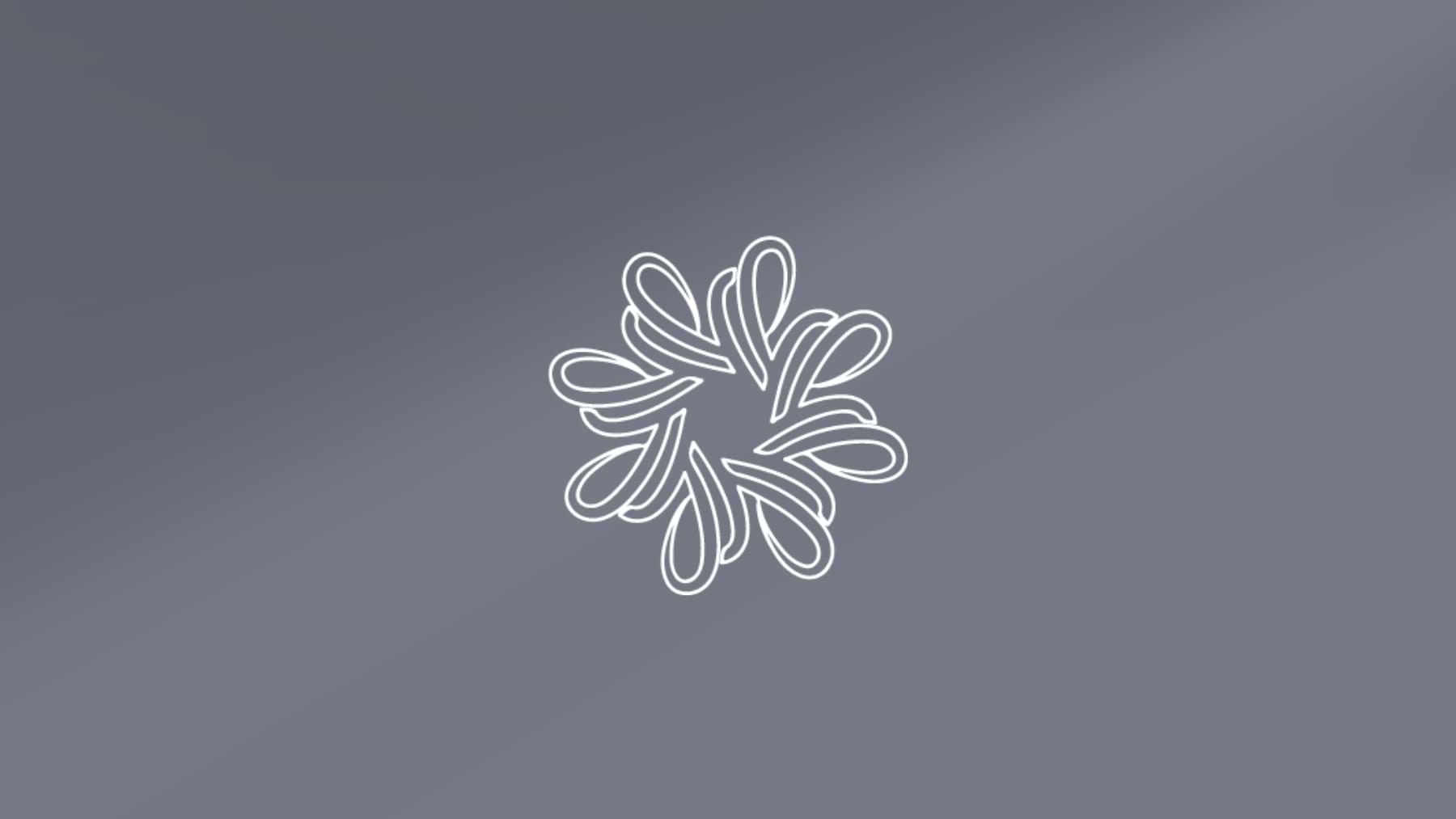What is Defensil®-Plus ?
DEFENSIL®-PLUS stands as a potent and concentrated formulation of plant extracts and oils to serve as a first aid for inflamed skin. In-vitro studies have demonstrated the efficacy of DEFENSIL®-PLUS, wherein its key ingredients — Ribes Nigrum seed oil, Cardiospermum Halicacabum Extract, and Helianthus Annuus Oil—effectively resolve inflammatory reactions.
Beyond its suppression of inflammatory marker release, DEFENSIL®-PLUS intricately regulates the degranulation of granulocytes-crucial processes essential in the early phases of both inflammation and allergic reactions. Clinical studies further demonstrate that DEFENSIL®-PLUS not only protects from severe irritants but also regenerates the skin barrier.
The multifaceted actions of DEFENSIL®-PLUS converge to offer a comprehensive care solution specifically tailored to meet sensitive skin needs.
DEFENSIL®-PLUS – Active Ingredients
Ribes Nigrum (Black Currant) Seed Oil
Barrier-strengthening and anti-inflammatory
Helianthus Annuus (Sunflower) Seed Oil
Anti-inflammatory and antioxidant activity
Cardiospermum Halicacabum (Balloon Vine) Extract
Anti-inflammatory, analgesic, and anti-itch
Ribes Nigrum Seed Oil – 10–25%
The oil is extracted from the seeds of black currants and is characterised by extremely high levels of polyunsaturated, essential fatty acids¹: linoleic acid, α-linolenic acid, and γ-linolenic acid. These unsaturated fatty acids, renowned for their bioactive properties, have emerged as promising therapeutic targets in the realm of wound care.²
Linoleic acid and γ-linolenic acid, members of the ω-6 fatty acid family, play a crucial role in modulating various cellular functions associated with improvements in tissue repair.² The absence of ω-6 fatty acids hinders the proper arrangement and stabilisation of intercellular lipid lamellae, leading to skin disorders and dry, flaky skin.
Topical application of formulations containing ω-6 fatty acids strengthens the skin barrier by compensating for epidermal deficits and moisturising the skin. Additionally, linoleic acid has demonstrated an effective role in accelerating wound closure.²
α-Linolenic acid, a ω-3 fatty acid, serves as a vital precursor to other bioactive fatty acids, such as eicosapentaenoic acid (EPA) and docosahexaenoic acid (DHA).² Together with linoleic acid (ω-6), a precursor of arachidonic acid (AA), they possess the capability to modulate the systemic inflammatory response, including leukocyte chemotaxis, adhesion molecule expression, leukocyte–endothelial adhesion interactions, platelet aggregation, and vasodilation.
The anti-inflammatory effect is attributed, in part, to the local induction of altered formation of inflammatory eicosanoids such as prostaglandins and leukotrienes.²
It is noteworthy that the human body cannot synthesise both α-linolenic acid and linoleic acid, whereas plants such as blackcurrants can. These plant-derived fatty acids are present in seed oil-derived products used in Nokori Scar Balm and Bio Active Cream, contributing to their beneficial properties in scar care.
Helianthus Annuus Seed Oil Unsaponifiables – 1–5%
The exceptional similarity in lipid composition between sunflower seed oil and the lipid matrix of the epidermal skin barrier renders this natural extract a noteworthy contender for addressing a spectrum of skin conditions.
Due to its richness in unsaturated fatty acids, such as linoleic acid (50–75%) and oleic acid (~25%), topical application is beneficial for combating severe dry skin and elevated TEWL due to tissue damage.³
Recent research has increasingly linked sunflower oil to anti-inflammatory and antioxidant activities, with a focus on its unsaponifiable components as key contributors.
Of particular interest is the proposed mechanism involving the activation of PPARα, a lipid sensor and inflammation regulator.⁴ This interplay suggests that sunflower seed oil unsaponifiables, with their high content of bioactive substances, stand out as an ideal candidate for calming inflammatory skin disorders characterised by compromised skin barrier function.
Cardiospermum Halicacabum Extract – 0.1–1%
The extract from Cardiospermum Halicacabum, commonly known as balloon vine, is rich in phytosterols, known for their anti-inflammatory and anti-itch effects.⁵
These effects result from the modulation of key enzymes, including phospholipase A2 and cyclooxygenase-2 (COX-2), similar to the action of hydrocortisone, positioning balloon vine extract as a natural anti-inflammatory alternative.⁶
A second mechanism at play is the suspected stabilisation of the lysosomal membrane.⁷ Lysosomes—cellular organelles enclosed by membranes—house enzymes like phospholipase A2. When exposed to an inflammatory agent, these enzymes are released and can damage surrounding tissue.
The proposed mechanism suggests that reinforcing the lysosomal membrane helps prevent enzyme release, reducing both inflammatory damage and allergic reactions.⁷
In essence, the multifaceted actions of balloon vine extract offer a comprehensive solution for inflammation-regulating care, especially suitable for sensitive skin prone to hypersensitivity.
References
-
Gopalan A, Reuben SC, Ahmed S, et al. The health benefits of blackcurrants. Food Funct. 2012;3:795–809.
-
Jara CP, Mendes NF, Prado TPD, de Araújo EP. Bioactive Fatty Acids in the Resolution of Chronic Inflammation in Skin Wounds. Adv Wound Care (New Rochelle). 2020;9(8):472–490.
-
Eichenfield LF, McCollum A, Msika P. The benefits of sunflower oleodistillate (SOD) in paediatric dermatology. Pediatric Dermatology. 2009;26:669–675.
-
Dubrac S, Schmuth M. PPAR-alpha in cutaneous inflammation. Dermatoendocrinol. 2011;3:23–26.
-
Sheeba MS, Asha VV. Cardiospermum halicacabum extract inhibits LPS-induced COX-2, TNF-alpha, and iNOS expression via NF-κB regulation in RAW264.7 cells. J Ethnopharmacol. 2009;124:39–44.
-
Fai D, Fai C, Di Vito M, et al. Cardiospermum halicacabum in atopic dermatitis: Clinical evidence based on phytotherapeutic approach. Dermatol Ther. 2020;33(6):e14519.
-
Sadique J, Chandra T, Thenmozhi V, Elango V. Biochemical modes of action of Cassia occidentalis and Cardiospermum halicacabum in inflammation. J Ethnopharmacol. 1987;19:201–212.
This scientific information is intended for educational purposes and healthcare professionals only — it is provided to support understanding of the science, studies, and ingredients used in Nokori products. |



Share:
Knowledge → Massaging your Scar